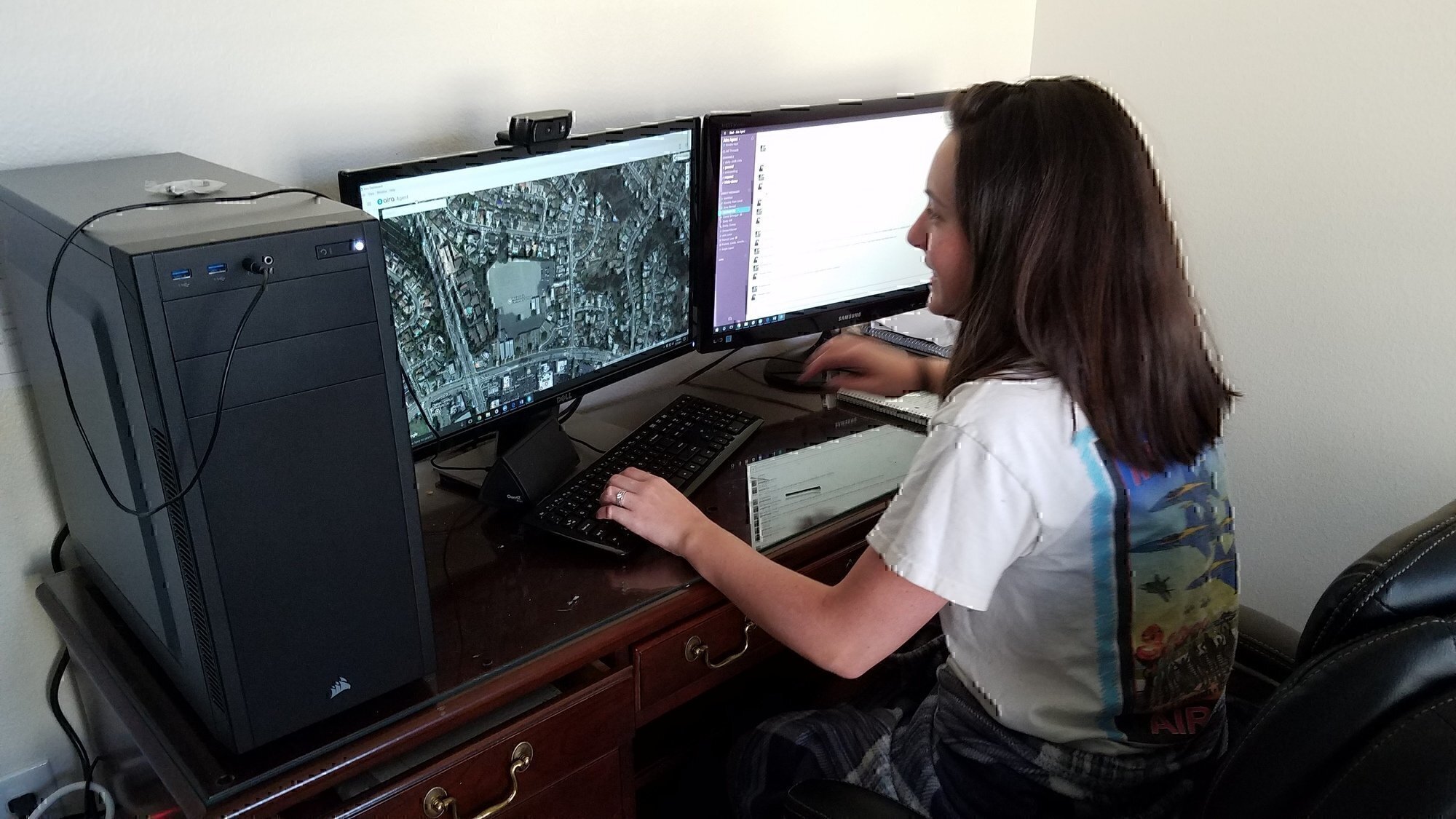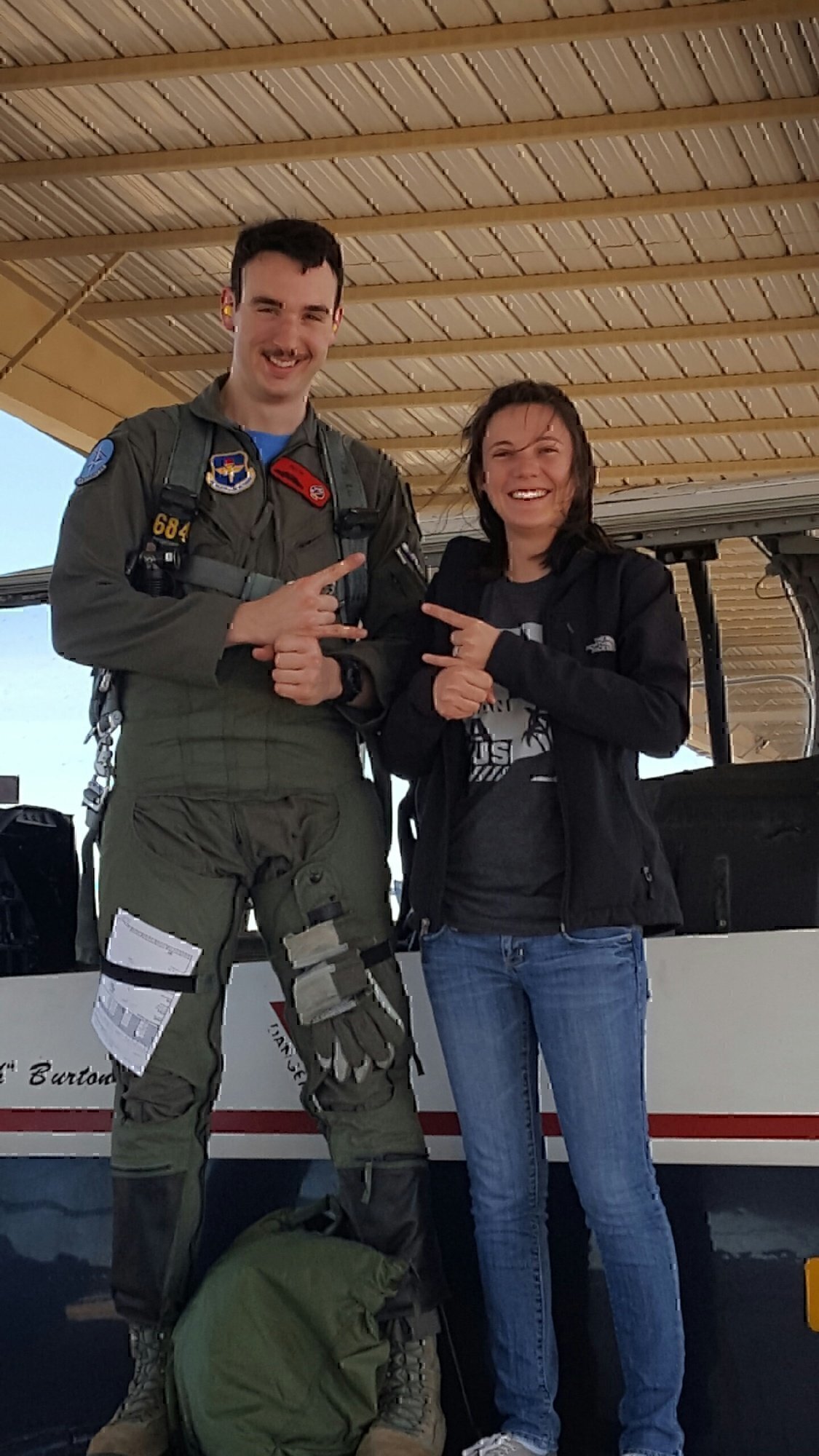“Choose a job you love, and you will never have to work a day in your life.”
~Confucius
With deference to Confucius, things have changed in the past 2,600 years. These days, the job we have is often the one that chose us rather than the other way around. As we know, for military spouses that is the unwelcome reality much of the time. Unemployment and underemployment are harsh facts of life as a military spouse. In fact, the unemployment rate for military spouses is more than four times that of civilians and they are five times more likely to be compensated below their skill levels.
There are a lot of reasons why finding and retaining good employment is tough for military spouses. Service careers are transient by nature, which means you may only be able to keep a job for a short time before it’s time to move again. For an employer, it can cost upwards of 20 percent of annual pay to replace a salaried employee. These costs are powerful disincentives for companies of any size to bring on a worker who may only stay a few years.
But as with some dark clouds, this one has a silver lining. Established companies like Comcast, Kaiser Permanente and Starbucks are recognizing the benefits of hiring military spouses, and finding ways to make it work. And companies in emerging industries are following that lead. Companies that allow for remote work are especially attractive to military spouses because of the flexibility it provides.
One company where remote work rules is Aira, an assistive technology service for users/people living with blindness and low vision. Aira is based in San Diego, but its agents work all over the country helping blind and low vision users gain greater independence.
Aira is a mobile app that pairs with video-enabled smart glasses to allow users/people living with blindness and low vision to connect with remotely located professional agents who can see the world from their vantage point. Using a data-rich dashboard, agents help with tasks where vision is critical, including navigation, shopping, and reading. Users come from all walks of life, and many are military veterans themselves. The technology is an enabler, but it is the trained agents who make the service what it is.
Kendra Hart is an Aira agent who has been married for less than a year to her early-career Air Force pilot husband. Soon she will start the cycle of transfers and deployments that are part of military life. Seeking something that enabled her to work from home, do something meaningful and allow her time to complete online college studies, she found the Aira agent position to be ideal. “I love my job every day,” she says.
And it’s a two-way street. The company has plans to hire more people like Kendra. Amy Bernal, who heads the Aira Agent network, notes that, “The best agents operate independently, reliably, convey confidence that puts users at ease when they need assistance, and adapt to nearly any situation that comes up. We find that military spouses do well with each.”
Through moves and deployments, many military spouses have learned the skills they need to be successful agents: They thrive in environments that require adaptability, problem solving and the ability to quickly forge relationships. As Bernal points out, this group of workers is motivated to find a career that can follow them through transfers every few years.
In just the past month, Kendra has helped a user navigate the University of Virginia campus, assisted in programming a TV remote and toured Chicago with a blind traveler. All from hundreds of miles away.
While she enjoys sharing these unique experiences with Aira users, it is the remote technology and flexible business model that really make it work. In Kendra’s words, “It really doesn’t matter where we get moved next. I can do this job anywhere that I have access to the internet and my laptop. The job can follow me, and that makes it a career.”
At the end of the day, the transience of military life won’t change. That flexibility for which military families are known will be tested. But with technology enabling work-from-anywhere models, and companies embracing service members’ spouses as valued contributors, there is every reason to believe there is room for two careers in every military household.
[maxbutton id=”13″]











